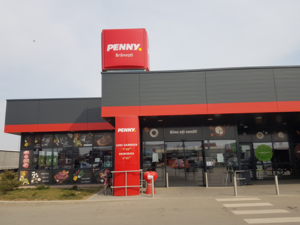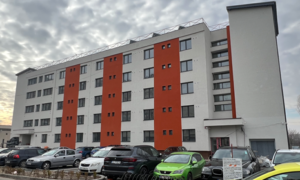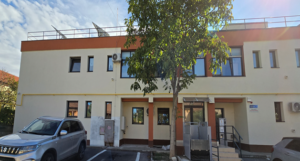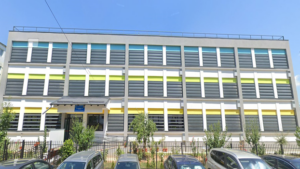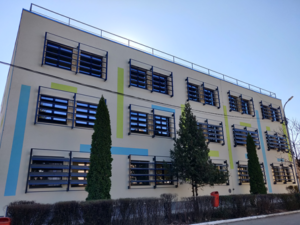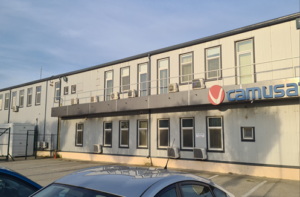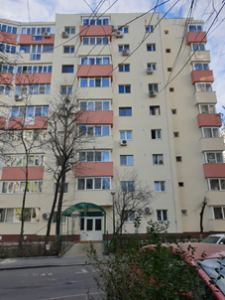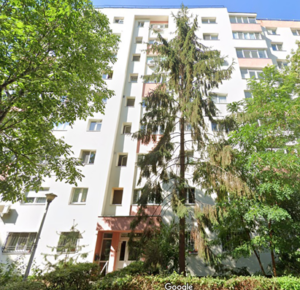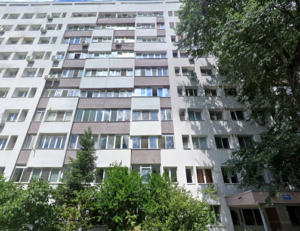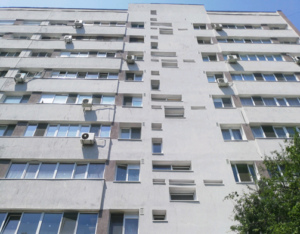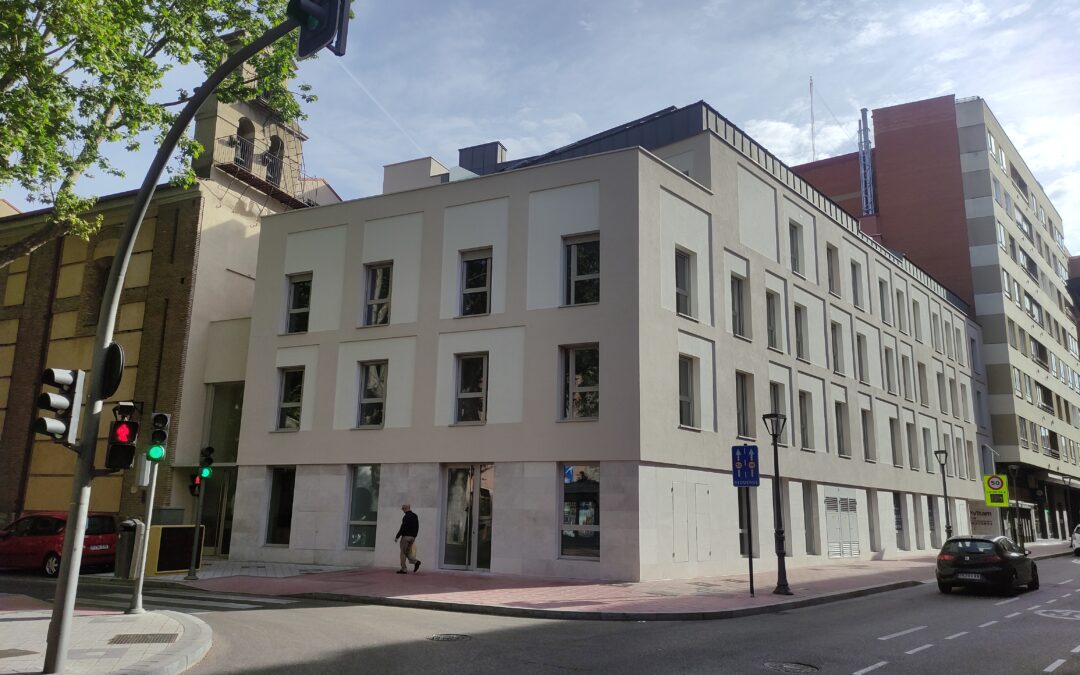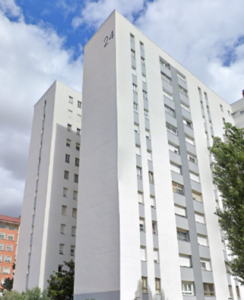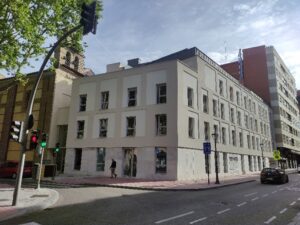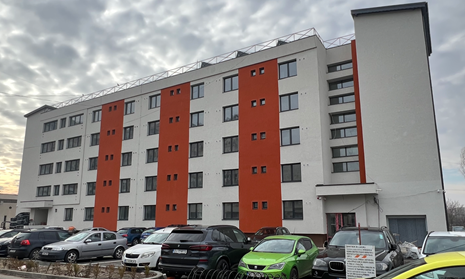
Pre-pilot SRI assessments in Romania
During the first cycle, ISPE’s in-house auditor conducted pilot SRI assessments on 10 buildings across six diverse locations in Romania. These buildings represent a range of categories:
- Four residential buildings in Bucharest, the capital city
- A high school in Ploiești, Prahova County
- A hospital and an ambulatory clinic for athletes in Craiova, Dolj County
- A commercial building in Brănești, Ilfov County
- A school in Baicoi, Prahova County
- An office building in Balotești, Ilfov County
The map below illustrates the locations of all assessed buildings.
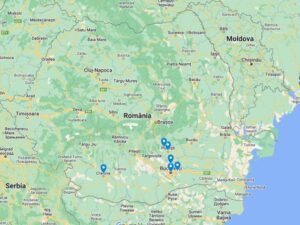
The following buildings have been assessed
|
Penny Market, Brănești SRI score: 48.6%, Class E
|
Clinical Emergency Hospital, C2 building, Craiova SRI score: 40%, Class E |
|
Ambulatory clinic for athletes, Craiova SRI score: 32.1%, Class F
|
School no.3, Băicoi SRI score: 31,6%, Class F |
|
“Elie Radu” Energy Technology High School, C10 building, Ploiesti SRI score: 28%, Class F
|
CAMUSAT ROM Telecommunications, Balotești SRI score: 23.3%, Class F |
|
Block of flats, district 2, Bucharest SRI score: 18.2%, Class G
|
Block of flats, district 2, Bucharest SRI score: 18.2%, Class G |
|
Block of flats, district 6, Bucharest SRI score: 9.2%, Class G |
Block of flats, district 6, Bucharest SRI score: 6.4%, Class G |
Among the assessed buildings, the commercial building and the emergency hospital achieved the highest scores. The hospital, renovated in 2023, incorporated several advanced features, including:
- Local electricity generation: Photovoltaic panels with storage, with reporting of actual generation and consumption values.
- Domestic hot water (DHW) system control: Automatic control of solar collector storage, a dynamic priority system for DHW generators, and real-time reporting of DHW system values.
- Heating system: Thermostatic valves, demand-based control, variable-speed pumps, continuous storage, heat pump control, centralised system performance reporting, and scheduled operation.
The high score for the emergency hospital reflects the emphasis on integrating cutting-edge smart technologies during its recent renovation.
In contrast, the lower scores of other buildings highlight significant opportunities for improvement in areas such as energy optimisation, system automation, and occupant comfort across Romania’s building stock.
Next Steps in the SRI testing
The second cycle of SRI assessments is now underway. Following a training seminar attended by 60 participants, 10 expert auditors were selected to carry out the evaluations. This phase will expand the initiative to cover 110 diverse buildings across Romania

